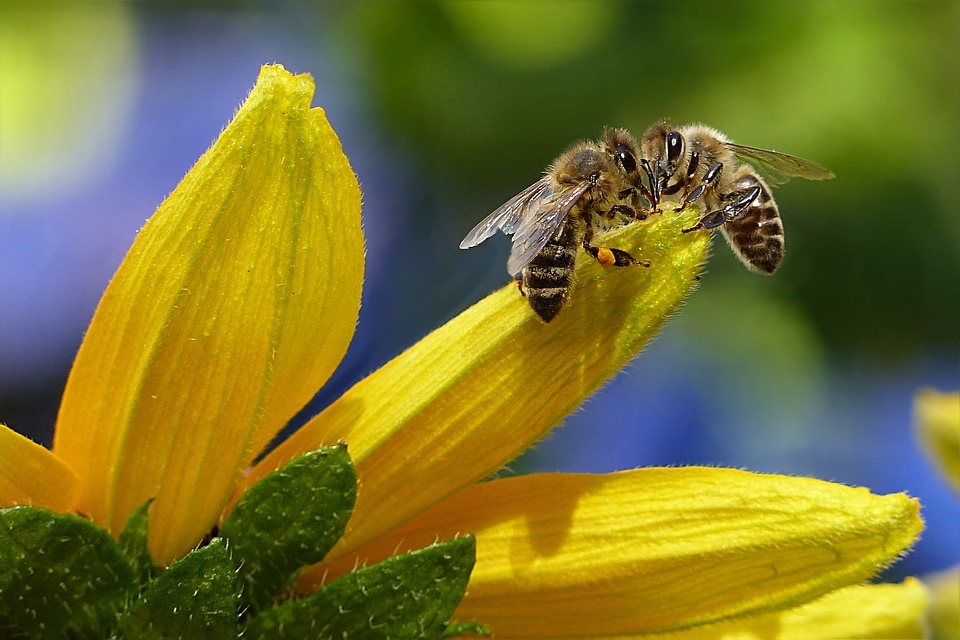National
Where’s the buzz? German study finds dramatic insect decline

Research finds 76% decline in bug volume from 1989-2016.
BERLIN — The number of flying insects in Germany has been dropping at an “alarming” rate that could signal serious trouble for ecosystems and food chains in the future, scientists say.
According to a study published Wednesday in the journal PLOS ONE, researchers using funnel-shaped traps at 63 sites across western Germany recorded a 76 percent decline in bug volume from 1989 to 2016. The midsummer loss during the 27-year-period was as high as 82 percent.
“The widespread insect biomass decline is alarming, ever more so as all traps were placed in protected areas that are meant to preserve ecosystem functions and biodiversity,” the authors said.
The drop in airborne insects over Germany was higher than the global estimated insect decline of 58 percent between 1970 and 2012.
The researchers, led by Caspar Hallmann of Radboud University in Nijmegen, Netherlands, said it was unclear why the numbers in Germany have declined so sharply, but concluded that neither landscape nor climate change are likely to be the cause.
Instead, they speculated that intensive agriculture and pesticide use may be to blame. The authors called for further research into the possible reasons for the decline, noting that flying insects play an important role in pollinating plants and are a source of food for other species.
“Although lower numbers of some pest insects might be welcome news, the loss of pollinators, beneficial insects and of food for insect-eaters such as birds and bats will have ecosystem-wide consequences,” said David Inouye, an ecologist who wasn’t involved in the study.
Inouye, an emeritus professor at the University of Maryland, said the research was remarkable for the length and quality of its observation, which benefited from the help of volunteer “citizen scientists.”






